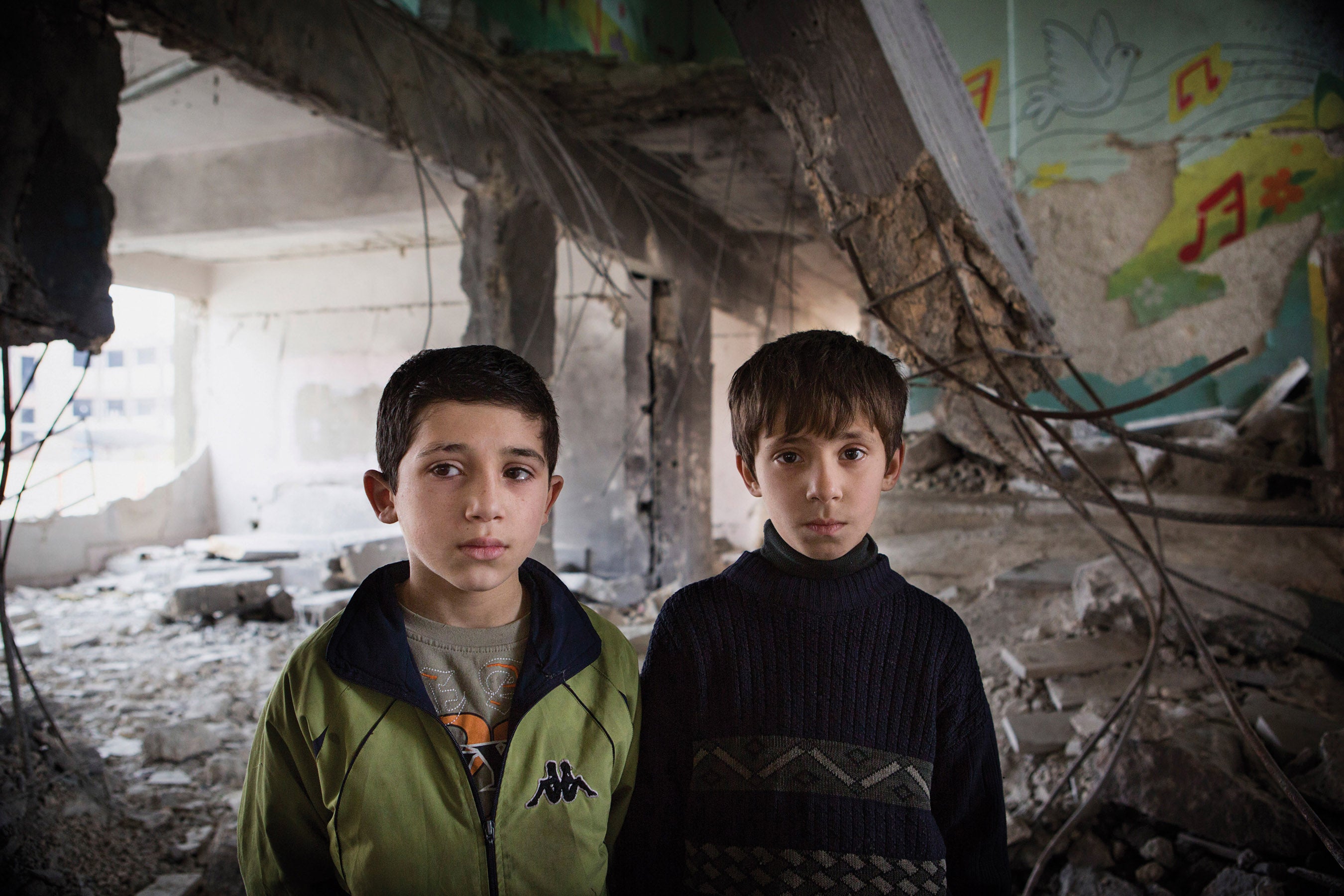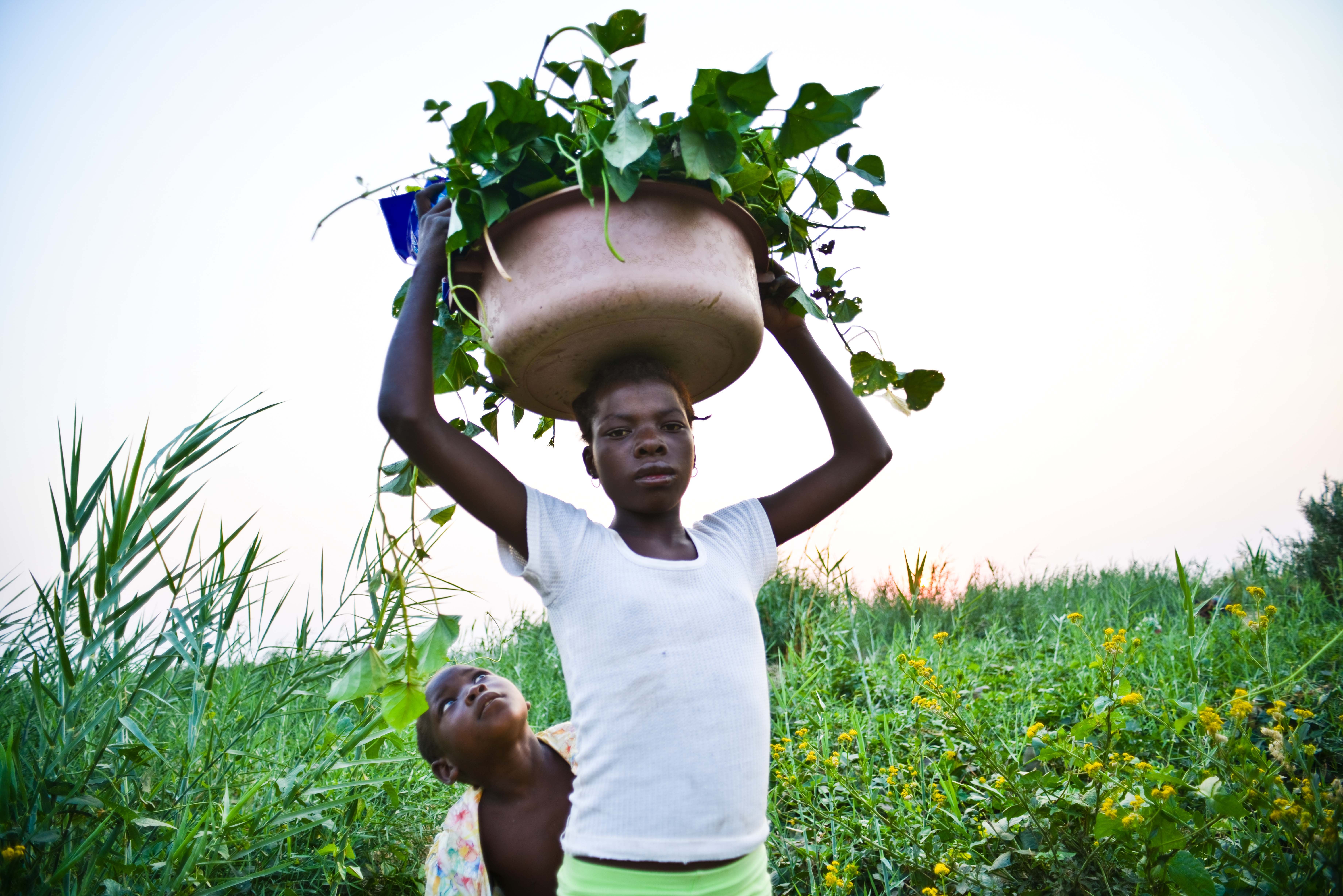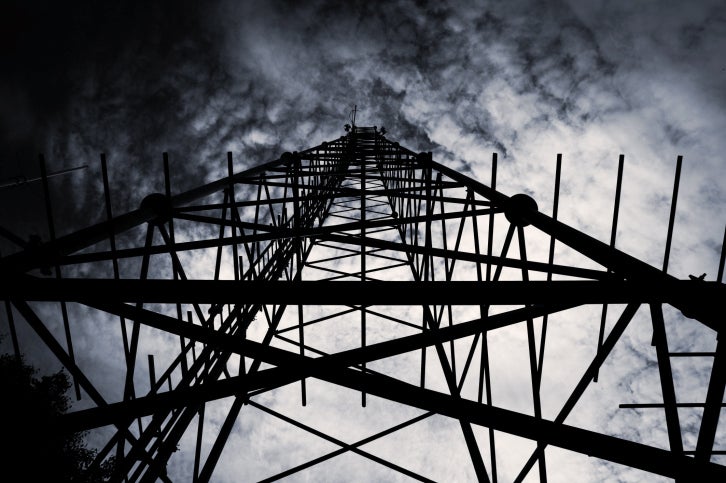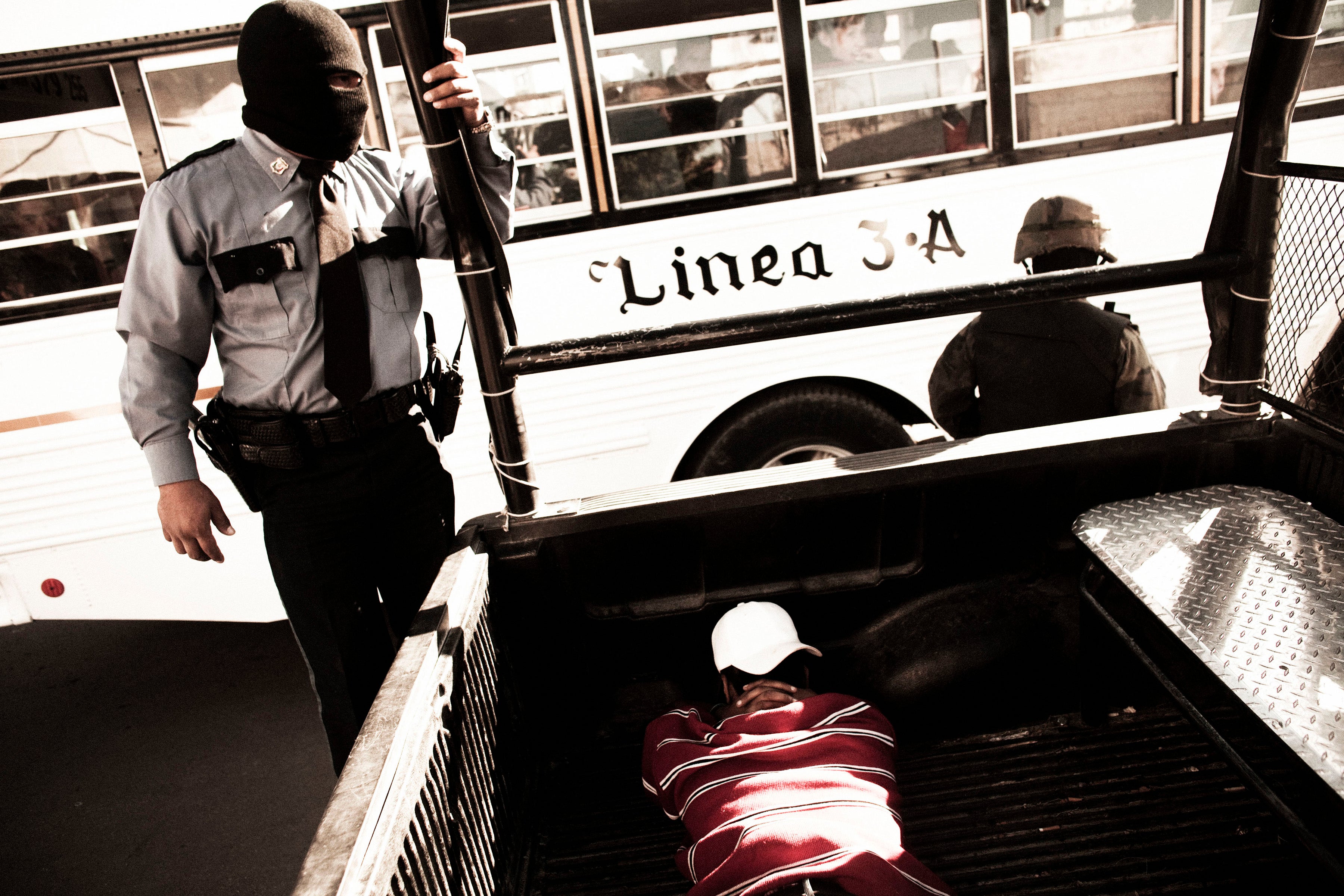The Burundian government committed to strengthening human rights protections and made progress in certain areas, such as initiatives to address gender-based violence. A five-day national debate on the justice sector produced a set of recommendations on judicial reforms. However, the justice system remained weak and under-resourced and suffered from political interference and allegations of corruption.
Impunity for human rights abuses, particularly by state agents and youth of the ruling party, was a dominant concern. Most cases of extrajudicial killings and other acts of political violence between 2010 and 2012 remained unresolved. Prosecutions were initiated against a small number of alleged perpetrators, but proceedings were slow or seriously flawed, and several police officers accused of involvement in killings and ill-treatment were released.
Most leading opposition figures who had fled the country after boycotting the 2010 elections returned to Burundi, encouraged by the government, in advance of the 2015 general elections. However, opposition party members continued to face obstruction and harassment.
Journalists and civil society activists also encountered intimidation by the government, which accused them of siding with the opposition. In June, President Pierre Nkurunziza promulgated a new press law severely curtailing media freedoms.
Impunity for Political Killings and Other Abuses
Few of the perpetrators of the scores of political killings in 2010-2012 were brought to justice, due to a lack of political will and weak judicial system. In many cases, victims’ families were too afraid to seek redress.
In a small number of cases, judicial authorities arrested, charged, and prosecuted police officers, following investigations by a commission of inquiry into extrajudicial killings and torture set up in 2012 by the prosecutor general. The High Court in Gitega tried Michel Nurweze, known as Rwembe (“razor blade” in Kirundi), a deputy police commissioner in Gitega province, for his alleged involvement in the November 2011 murder of Léandre Bukuru, a member of the Movement for Solidarity and Democracy (MSD) opposition party. Nurweze was also tried for attempted murder and torture in two other cases. His trial could have set an important precedent in ending impunity, but at least two prosecution witnesses would not testify in court because of the absence of adequate protection.
On August 12, the court acquitted Nurweze of the murder and torture charges, changed the offense of attempted murder to grievous bodily harm, and sentenced him to three months’ imprisonment. He was released, as he had already served a year in prison. The prosecution appealed. Appeal hearings opened in October but were postponed to January 2014.
Appeal hearings in the trial of those accused of involvement in an attack in Gatumba in September 2011, which killed 39 people, concluded in November. Proceedings were complicated by the escape from detention of one of the principal defendants, Innocent Ngendakuriyo. The trial in 2012 had been seriously flawed, with several defendants convicted despite claiming they had been tortured.
Political Parties
Most opposition party leaders who had fled the country after boycotting the 2010 elections returned to Burundi, including Alexis Sinduhije, president of the MSD, and Agathon Rwasa, former rebel leader and head of the National Liberation Forces (FNL). Following their return, members of opposition parties, including the FNL and the MSD, were harassed and intimidated, despite government promises that political parties could operate freely. Government officials and police disrupted or obstructed party meetings and arrested a number of FNL and MSD members.
Members of the imbonerakure—the youth league of the ruling National Council for the Defense of Democracy-Forces for the Defense of Democracy (CNDD-FDD)—committed acts of violence, including killings, beatings, rape, threats, and extortion against their perceived opponents and other Burundians. Despite a public outcry and promises by government and party officials to punish such actions, abuses continued throughout the year. Some opposition party members threatened to retaliate in kind through their own youth groups. A clash between imbonerakure and MSD youth in Gihanga, Bubanza province, on October 6 caused injuries on both sides.
Killings, Ill-Treatment, and Arbitrary Arrests of Religious Worshippers
Police opened fire on a large crowd of religious worshippers near Businde, Kayanza province, on March 12, killing nine people. The police then lined up the worshippers and beat them. The victims included men, women, and children. The worshippers, part of an informal spiritual movement that makes a monthly pilgrimage to Businde, consider themselves Roman Catholics, but have been rejected by the Catholic Church hierarchy in Burundi and have repeatedly clashed with local clergy, police, and governmental officials since 2012. The police, instructed by the government to prevent the worshippers from gathering at Businde, beat them severely on several previous occasions in late 2012 and January 2013. Some victims sustained broken bones and other serious injuries.
Hundreds of these worshippers were arbitrarily arrested in late 2012 and 2013. Most were accused of “rebellion” for disregarding the government decision to prohibit prayers at Businde. Many were released without charge but some were rearrested. In some cases, a condition for their release was that they would agree not to return to Businde, in violation of their right to religious freedom. More than 200 people arrested in March and April were tried summarily on the day of their arrest, without a defense lawyer, and received sentences of up to five years’ imprisonment. On appeal, their sentences were reduced to a fine and all but two of them were released. Thirty-three others arrested in late 2012 remained in pretrial detention.
The prosecutor of the appeal court at Ngozi ordered the arrest on March 16 of Bosco Havyarimana, the police commander accused of ordering the shootings and supervising the beatings, and two other police officers, Syldie Nsengiyumva and Innocent Nizigiyimana. On May 29, all three were provisionally released, pending further investigations. At time of writing, they had not been brought to trial.
Harassment of Civil Society Activists and Journalists
Burundi has a vibrant independent civil society and media, but government officials have attempted to silence their criticisms and accused them of siding with the political opposition. Government and judicial officials harassed, intimidated, and questioned several journalists about their reporting and threatened them with legal action.
On April 27, a policeman threatened Patrick Niyonkuru, a journalist with Radio Publique Africaine (RPA), as he attempted to investigate alleged extortion of bicycle-taxi drivers by the police. The policeman then shot Niyonkuru, injuring him in the arm. The policeman was arrested, tried summarily, and sentenced to 15 years in prison on the day of the attack.
On April 25, armed men broke into the house of Willy Abagenzinikindi of Radio Television Renaissance, forced him to the ground, hit him with a machete, and demanded that he hand over audio cassettes he had recorded as part of his investigations.
Hassan Ruvakuki, journalist with Radio France Internationale and Bonesha FM, who had been sentenced to life imprisonment in 2012 for alleged participation in terrorist acts after interviewing a rebel group, was released in March after spending 15 months in prison. His sentence had been reduced to three years on appeal. Following much international attention on the case, he was released early on medical grounds, then granted conditional release in October. On February 19, police fired teargas to disperse journalists marching in support of Ruvakuki in the capital Bujumbura.
The National Communication Council suspended the online readers’ forum of Burundi’s main independent newspaper Iwacu for 30 days on May 31, claiming that unspecified readers’ comments had violated legal provisions on “endangering national unity, public order and security, incitement to ethnic hatred, justification of crimes, and insults to the head of state.”
In June, the government adopted a new restrictive press law, despite strong national and international expressions of concern. The law undermines the protection of sources and limits the subjects on which journalists can report, potentially criminalizing reporting and analysis on subjects such as inflation, public order and security, and political killings. While eliminating prison sentences provided under the old law, it imposes new, heavy fines.
A draft law on public demonstrations and meetings, adopted by parliament but not yet promulgated, and another on nongovernmental organizations, awaiting parliamentary debate, also raised concerns about possible restrictions of freedom of association and assembly. Amendments by the National Assembly to the law on public demonstrations and meetings took into account many recommendations by Burundian civil society organizations, but the draft retained the right of an administrative official appointed to attend public meetings to suspend or dissolve them to maintain public order.
Transitional Justice
At time of writing, parliament had not yet adopted a draft law establishing a Truth and Reconciliation Commission to cover crimes committed since 1962, despite assurances by President Nkurunziza that the commission would be established by the end of 2012. The draft law does not provide for the establishment of a special tribunal to prosecute those accused of the most serious offenses.
Returnees
Around 35,000 Burundian refugees, many of whom had been living in Tanzania for several decades, returned to Burundi between October and December 2012 following an ultimatum by the Tanzanian government. Overall the returns took place peacefully, but there were tensions around property and land ownership, and controversy over some decisions of the National Commission for Land and Other Property, responsible for resolving such disputes.
Key International Actors
Burundi’s Universal Periodic Review, which took place in January 2013, contained important recommendations on the protection of civil and political as well as social, economic, and cultural rights. While welcoming progress in some areas, many governments raised concerns in the Human Rights Council about extrajudicial killings, impunity for human rights abuses, and restrictions on press freedom, among other issues. The Burundian government rejected all the recommendations to fight impunity for extrajudicial killings, as well as those on the prevention of discrimination on the basis of sexual orientation and gender identity and the decriminalization of consensual same-sex conduct.
The United Nations Office in Burundi, BNUB, encouraged dialogue between political parties and organized a meeting between political actors in March. Participants agreed to create an environment conducive to free, fair, transparent, and peaceful elections in 2015, the right of all parties to carry out their activities unhindered, and a commitment not to use violence.




